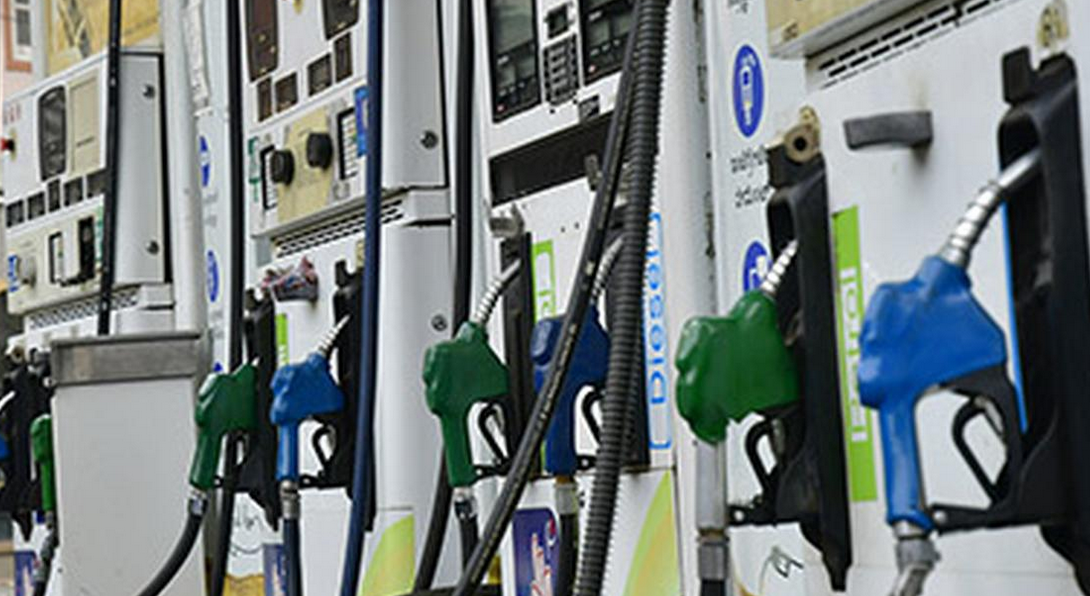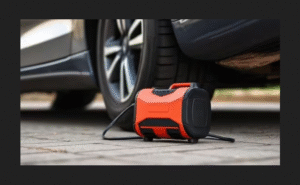E20 Fuel Gets Government Backing: Ministry Addresses Performance Concerns and Insurance Myths
Updated: August 12, 2025
The Ministry of Petroleum and Natural Gas (MoPNG) has released a comprehensive statement addressing widespread concerns about E20 fuel (20% ethanol-blended petrol), debunking myths about insurance claims and vehicle damage while highlighting improved performance metrics.
Key Performance Benefits Highlighted
The Ministry’s data reveals that E20 fuel delivers measurable improvements in vehicle performance:
- Better acceleration in city driving conditions
- 30% reduction in carbon emissions compared to E10 fuel
- Improved octane rating from 91 to 95, enhancing anti-knocking properties
- Better ride quality for vehicles tuned for the blend
Addressing Vehicle Compatibility Concerns
No Major Technical Issues Reported
The government statement emphasizes that modern vehicles face no significant compatibility issues with E20 fuel. The Ministry confirms:
- No problems with vehicle starting mechanisms
- No metal or plastic compatibility issues in newer models
- Full compatibility with BS-VI compliant vehicles
Minor Adjustments for Older Vehicles
For certain older vehicle models, the Ministry acknowledges that minimal maintenance may be required:
- Some rubber parts and gaskets might need replacement
- Cost described as “inexpensive” and manageable during routine servicing
- One-time replacement lasting the vehicle’s lifetime
- Available at any authorized workshop
Insurance Claims: Myth vs Reality
The Ministry strongly refuted circulating claims about insurance companies refusing coverage for E20-related damage, calling such narratives “baseless fear mongering.” The statement clarifies:
- Insurance validity remains unaffected by E20 fuel usage
- Screenshots suggesting otherwise were “deliberately misinterpreted”
- Insurance companies have confirmed coverage continues normally
Economic Impact: ₹1.44 Lakh Crore Saved
The financial data presented shows significant economic benefits over the past 11 years (2014-15 to 2024-25):
- ₹1.44 lakh crore saved by public sector oil marketing companies
- ₹40,000 crore directed to farmers this year alone
- ₹43,000 crore conserved in foreign exchange spending
- 245 lakh metric tonnes of crude oil substituted
Why Fuel Prices Haven’t Dropped
Despite the blending program, retail fuel prices remain unchanged due to:
- Weighted average price of ethanol exceeding refined petrol costs
- 24% increase in C-heavy based ethanol prices since 2021-22
- 36% increase in maize-based ethanol prices over the same period
- Current procurement cost averaging ₹71.32 per litre (including transportation and GST)
Environmental Impact Metrics
The Ministry’s environmental data shows:
- 735 lakh metric tonnes of CO2 emissions reduced
- Equivalent impact of planting 30 crore trees
- Significant contribution to India’s energy security goals
Technical Specifications Explained
Octane Rating Improvements
The Ministry provided technical details about fuel performance:
- Ethanol octane number: 108.5
- Regular petrol octane: 84.4
- E20 blend result: Octane rating increased from 91 to 95
This improvement translates to better performance in modern high-compression engines, particularly beneficial for BS-VI compliant vehicles.
Future Plans: Beyond E20
The government remains cautious about progressing beyond the current 20% blend:
- Further increases require stakeholder consultations
- Technical recommendations under evaluation
- No final decision announced yet
What This Means for Vehicle Owners
Immediate Takeaways:
- New vehicle owners: No action required; full compatibility assured
- Older vehicle owners: Check with service centers for potential rubber part replacements
- Insurance holders: Coverage remains valid and unchanged
- Performance seekers: Expect improved acceleration and ride quality
Factors Affecting Mileage
The Ministry reminds users that fuel efficiency depends on multiple variables:
- Driving habits and patterns
- Regular maintenance schedules
- Tire pressure and alignment
- Air conditioning usage
- Oil change frequency
The Bottom Line
While E20 fuel won’t immediately lower pump prices due to higher ethanol procurement costs, the government maintains it offers better performance, environmental benefits, and long-term economic advantages. The Ministry’s data suggests concerns about vehicle damage and insurance issues are largely unfounded, with modern vehicles fully equipped to handle the blended fuel without modifications.
For older vehicles, minimal one-time maintenance might be needed, but the cost and effort are described as negligible compared to the broader benefits of reduced emissions and improved energy security.
Share this content:







Post Comment